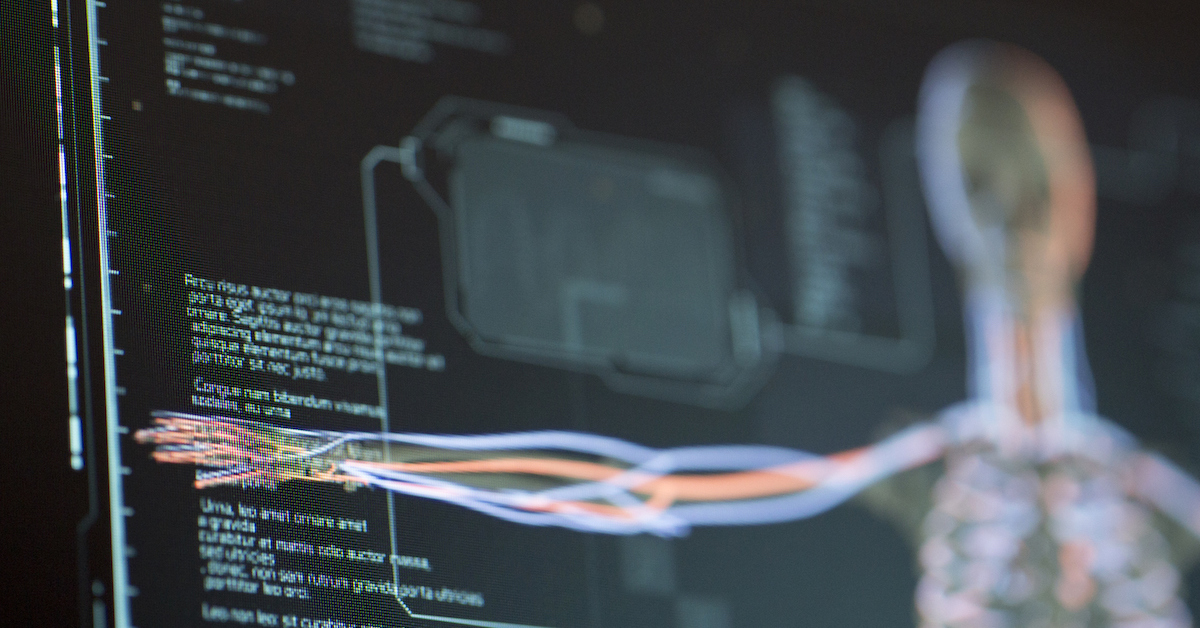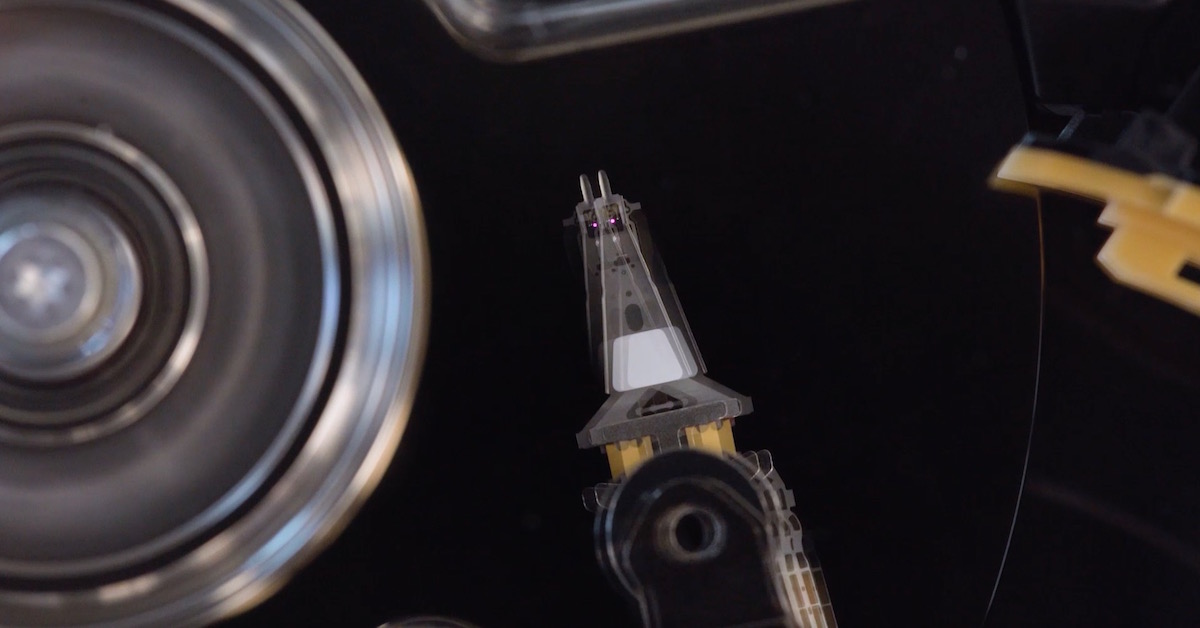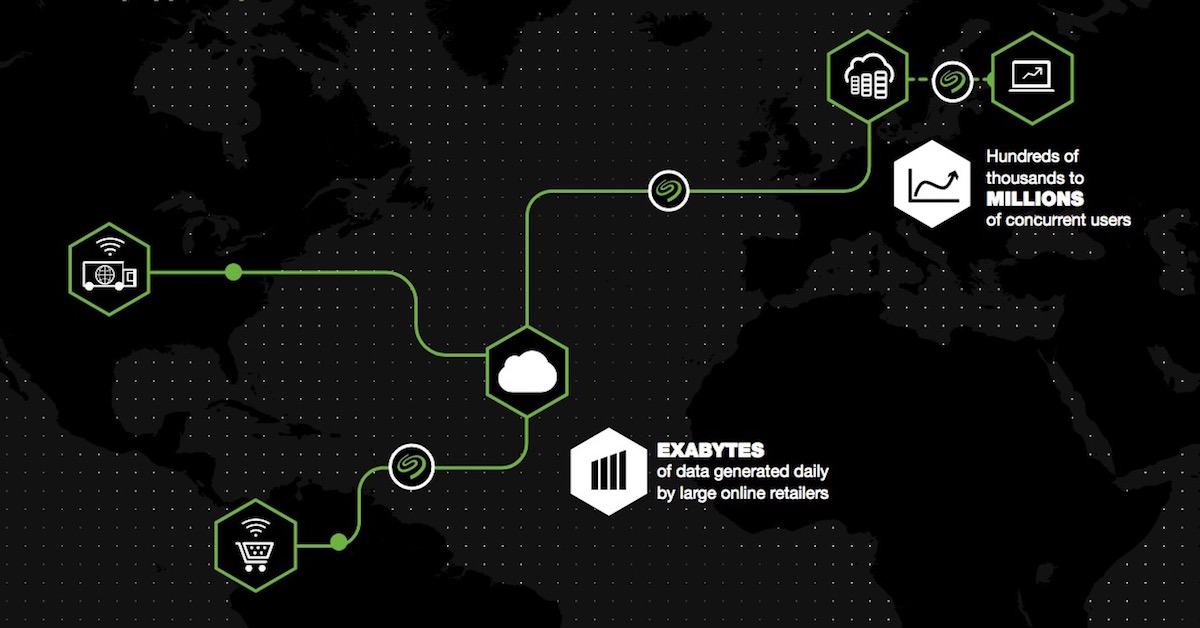Never assume a rationale for doing the fundamentals is clearly understood. Just as Seagate shares how best to manage data we must also be mindful to return to the central theme of why backing up data is so important.
The answer remains clear. In the event primary data is lost due to accidental deletion, data corruption, site failure and compliance to legal requirements, backup is the safety net.
While no one relishes the process of backing up data, the need to do so is very real. If it has to be done wouldn’t it be best to do it in the most cost efficient and effective way possible?
Arguably, the most cost effective way to perform a backup is to send the data to a scalable public cloud. Doing so enables one to only pay for the storage used with the added flexibility to add capacity when it’s needed. Add to this the cost savings of not needing to invest in backup infrastructure or capacity planning. Given this a cloud backup solution can become a very attractive option.
Convenience and cost, however, are not the only considerations. Also important for a backup strategy, is the restore process. The speed with which one needs to restore a system often depends on the individual business need and/or the Service Level Agreements (SLA) in place.
So what is the fastest and most reliable way to recover data?
In the case of accidental data deletion or data corruption, which are more common – the most efficient method for recovery is to have the backup data on site. This is also true for mission critical or company sensitive information.
Potentially conflicting needs can be met by a hybrid cloud backup solution, which utilizes a locally based appliance that retains part of the data on site while the rest is sent to the cloud.
According to IDC’s ‘Worldwide Purpose-Built Backup Appliance 2012–2016 Forecast and 2011 Vendor Shares‘, data protection appliances are expected to grow at an annual rate of ~ 20% in the next few years.
So what are the fundamental requirements for a hybrid cloud backup solution?
Simply put, it needs to:
- Receive data from the “protected devices” via LAN protocols and write data to the cloud using the native application program interfaces (APIs) of that cloud;
- Provide secure end-to-end transmission;
- Efficiently transfer data to accommodate Wide Area Network bandwidth limitations.
Seagate’s EVault portfolio provides a wide range of solutions that meet these requirements and enable you to retain data on-premise while providing a seamless backup to the cloud. For more information visit our website to learn about Seagate’s Data Protection Appliance portfolio or click on the links, below.






